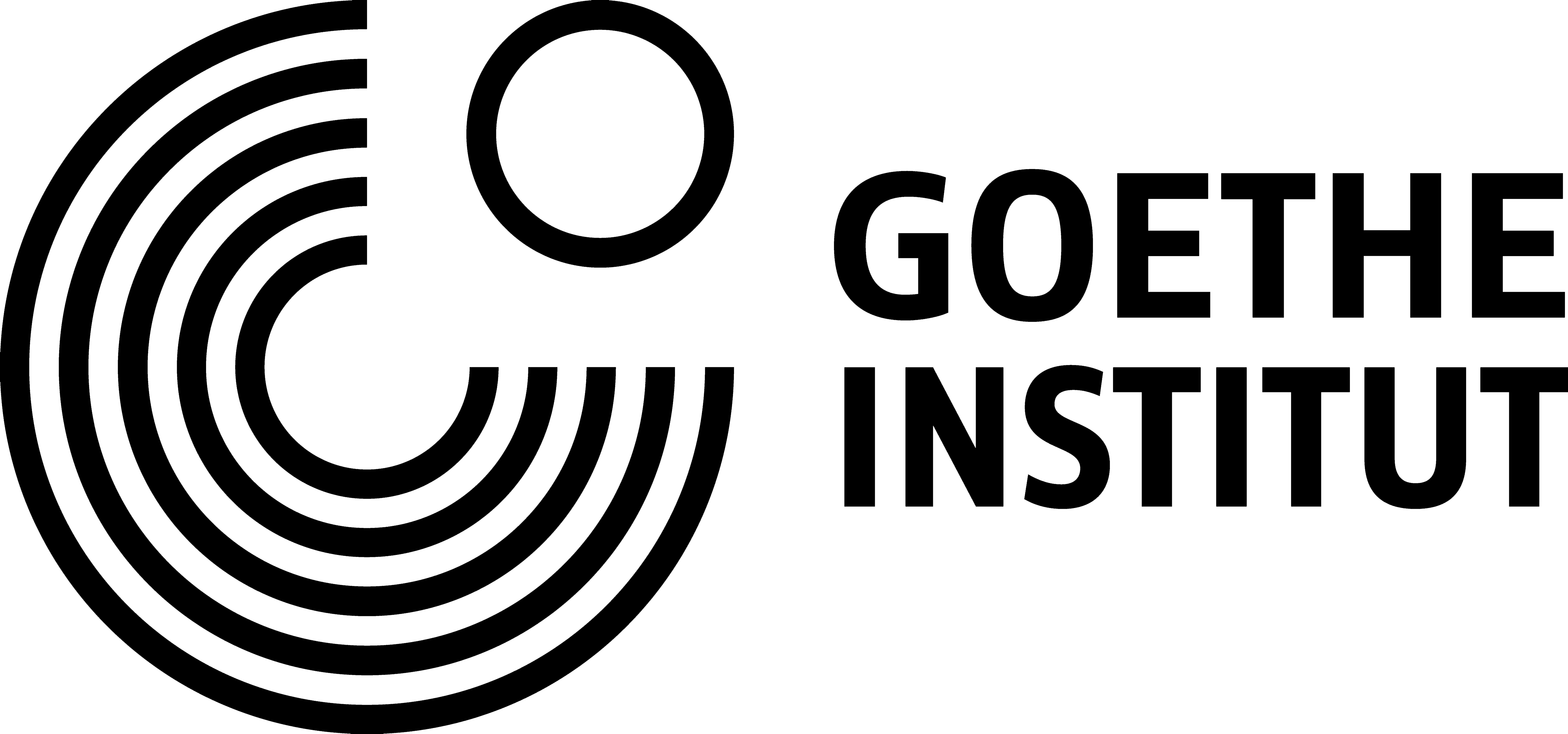WATCH
Sacred
Fayo Said
This project explores the concept of wayyuu, a moral and spiritual framework central to Oromo culture, and examines its potential to inform feminist practice and women*s rights advocacy in Africa. Wayyuu, often described as a sacred, revered state, governs how individuals and communities relate to one another with respect and balance. It embodies a code of conduct that elevates respect for women*, nature, and societal harmony. In Oromo culture, wayyuu is often associated with women*, who are considered the bearers of this sacred role. However, in practice, this reverence for women* can be paradoxically tied to their submission to patriarchal structures, where they are both elevated and confined.
ITONGO
Diane Kaneza
Without land rights, women remain economically dependent on men, reinforcing gender inequalities. Since 2015, in the province of Muyinga in northern Burundi, new practices have been introduced in land certification. Men register their wives on land titles. This gives the women of this province financial autonomy, because they can now apply for a loan from a bank and open a business to ensure their financial independence. This practice is rarely popularised, whether among educated or rural women. ITONGO aims to highlight this approach, which shows that there are possible and promising ways of guaranteeing that women own the land they cultivate. The project takes the form of a 13-minute documentary focusing on two women from the Buhinyuza commune (Muyinga province) who, thanks to land certification, are now models of success in their communities.
Ama’s Salon
Asia Clarke













Set in Ghana in the year 2056, the story follows Ama, a gifted hairstylist who secretly provides mental-health therapy using a makeshift MRI machine hidden within her salon. Each hairstyle she creates is intentionally designed to support her clients’ emotional and psychological well-being. As Ama braids intricate patterns woven with electrical feedback wires into her clients’ hair, she enables them to access and adjust their own brain activity, discreetly storing their neuro-data in a covert archive.
This Character is a Woman
Irene A’mosi
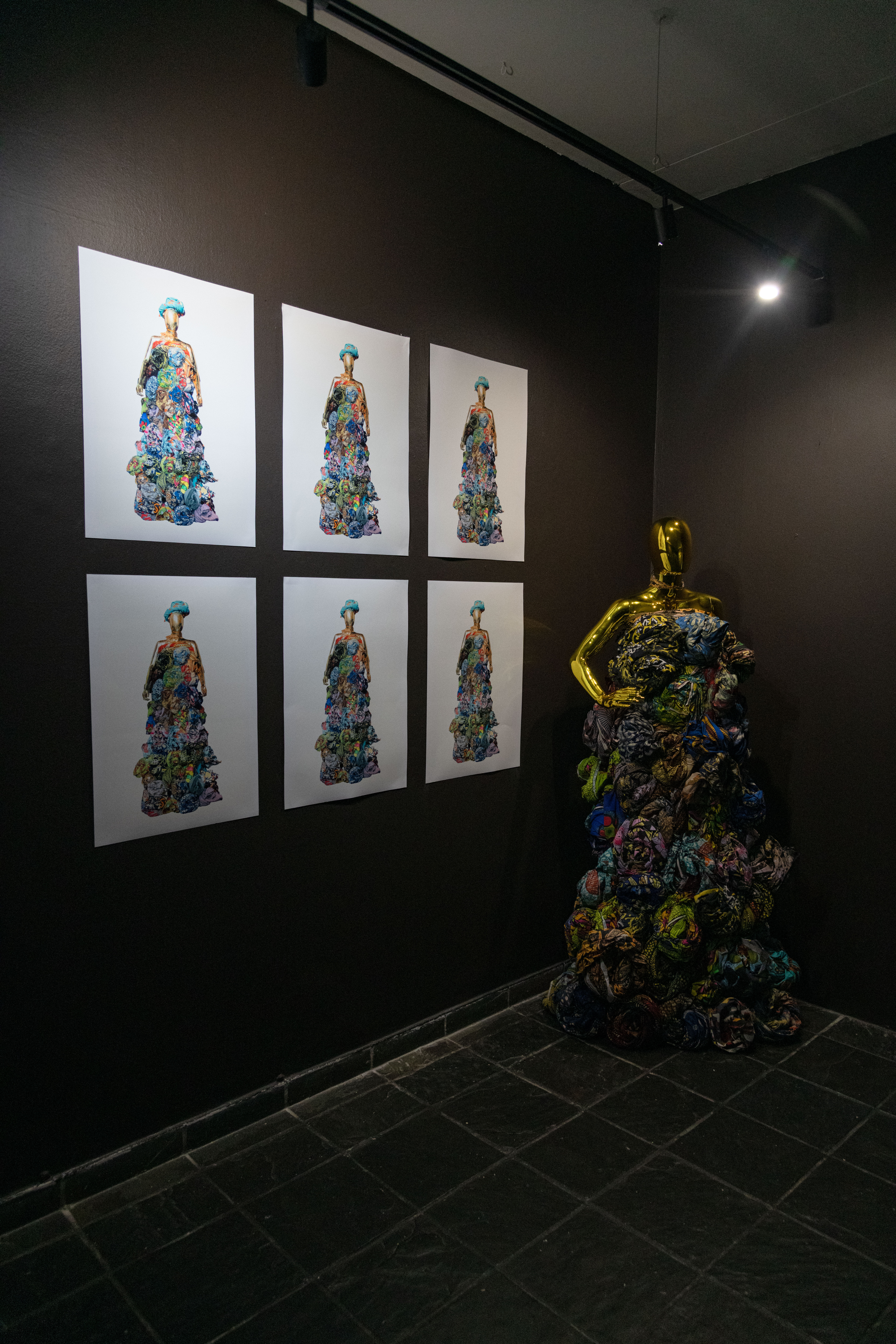
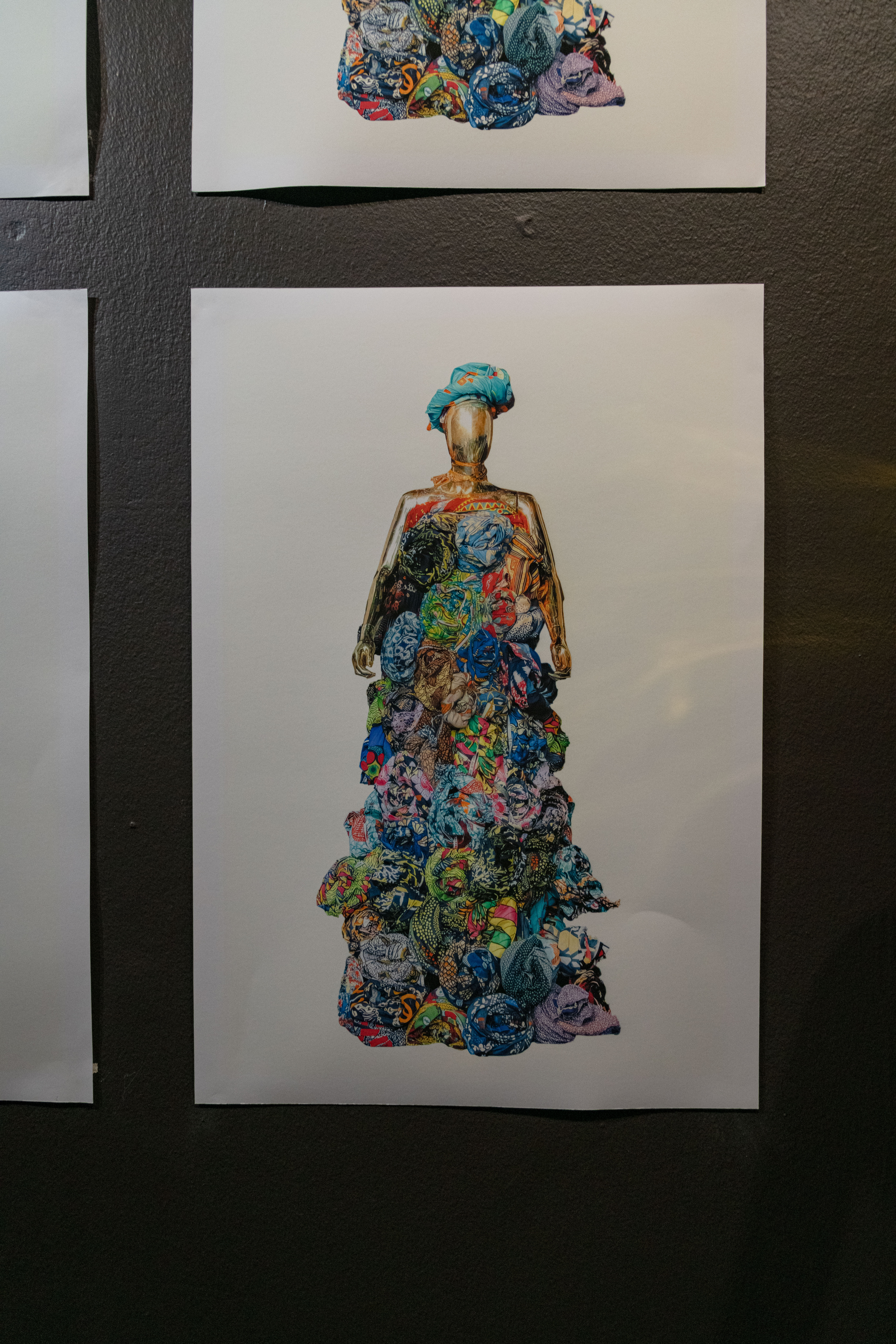
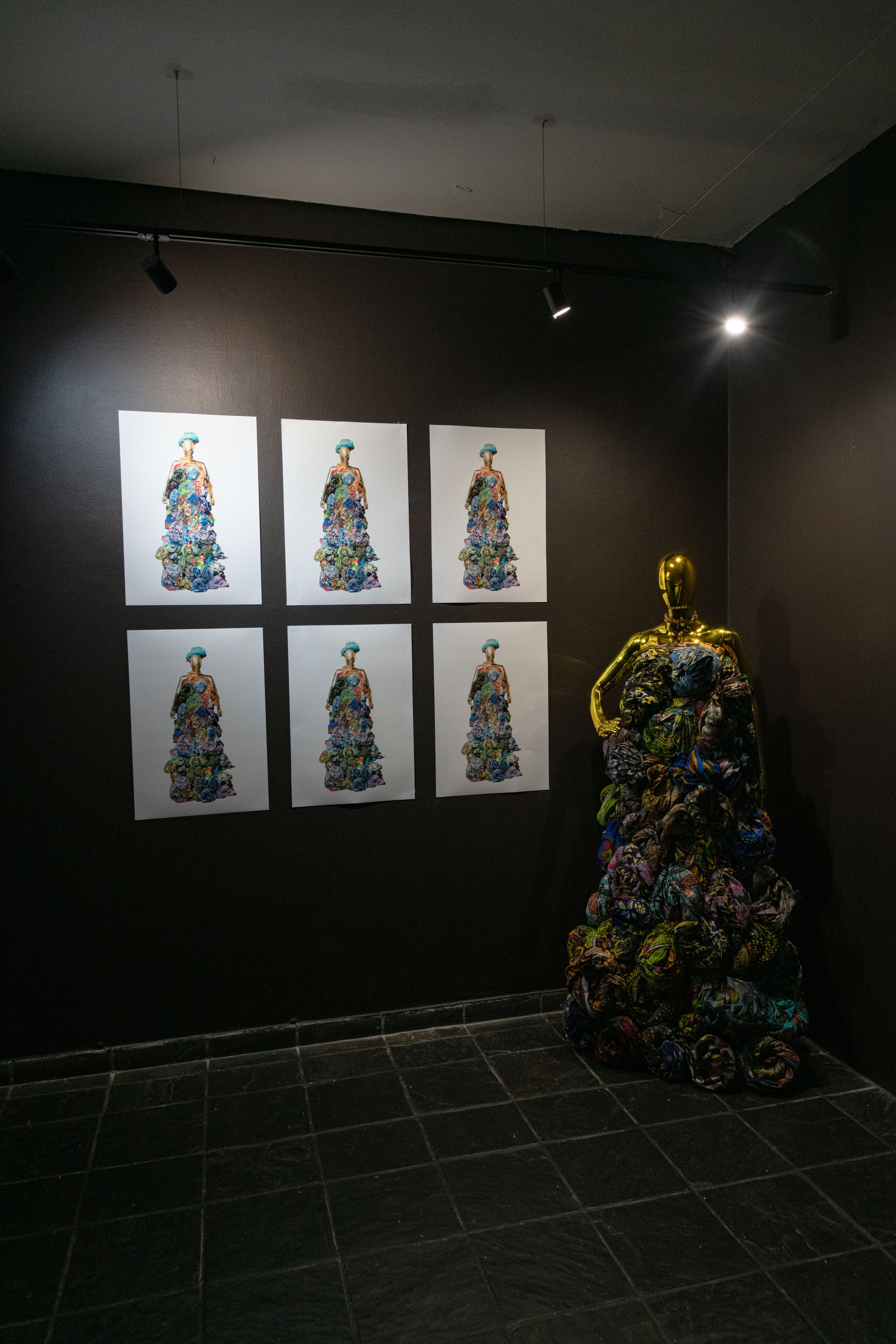
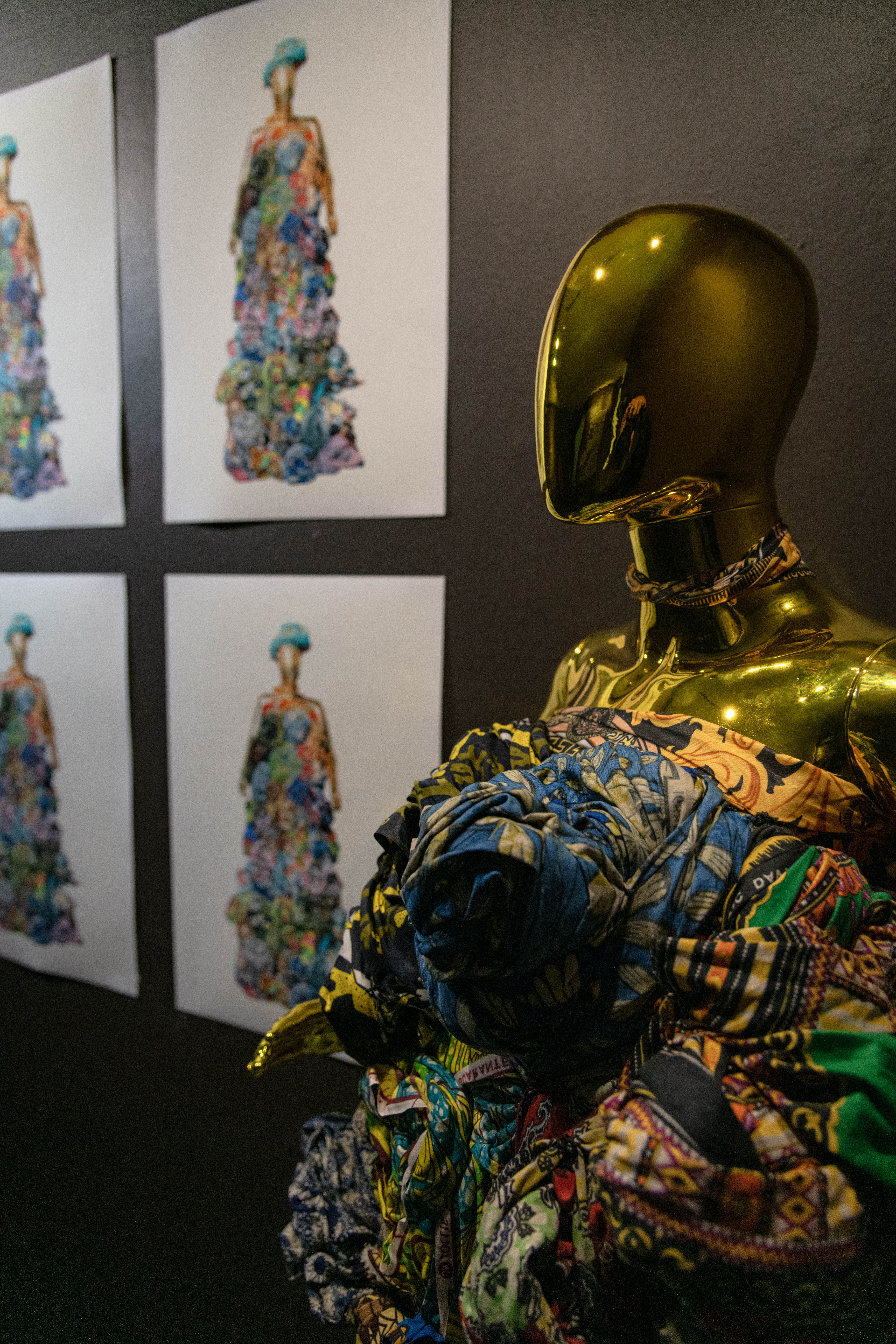
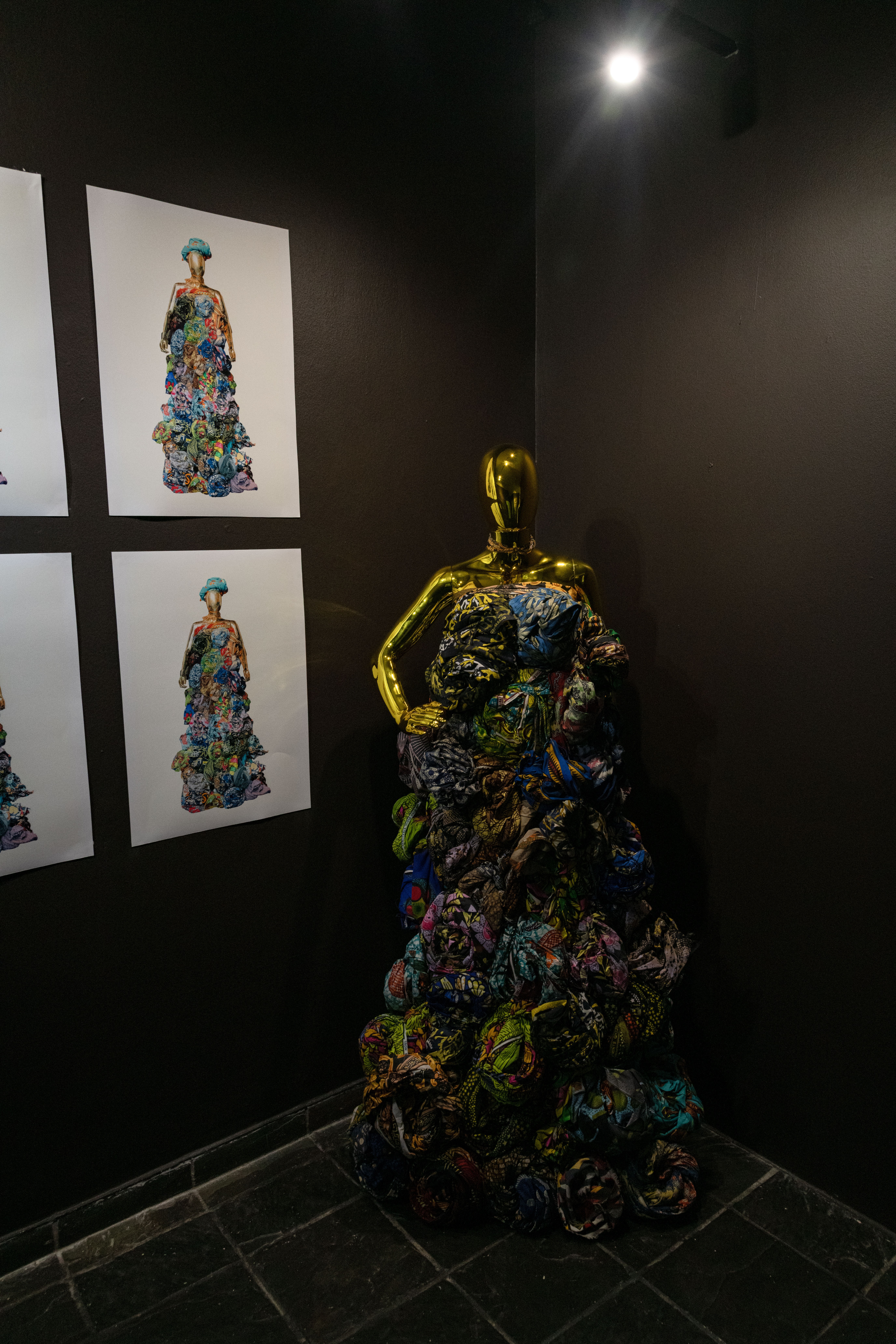

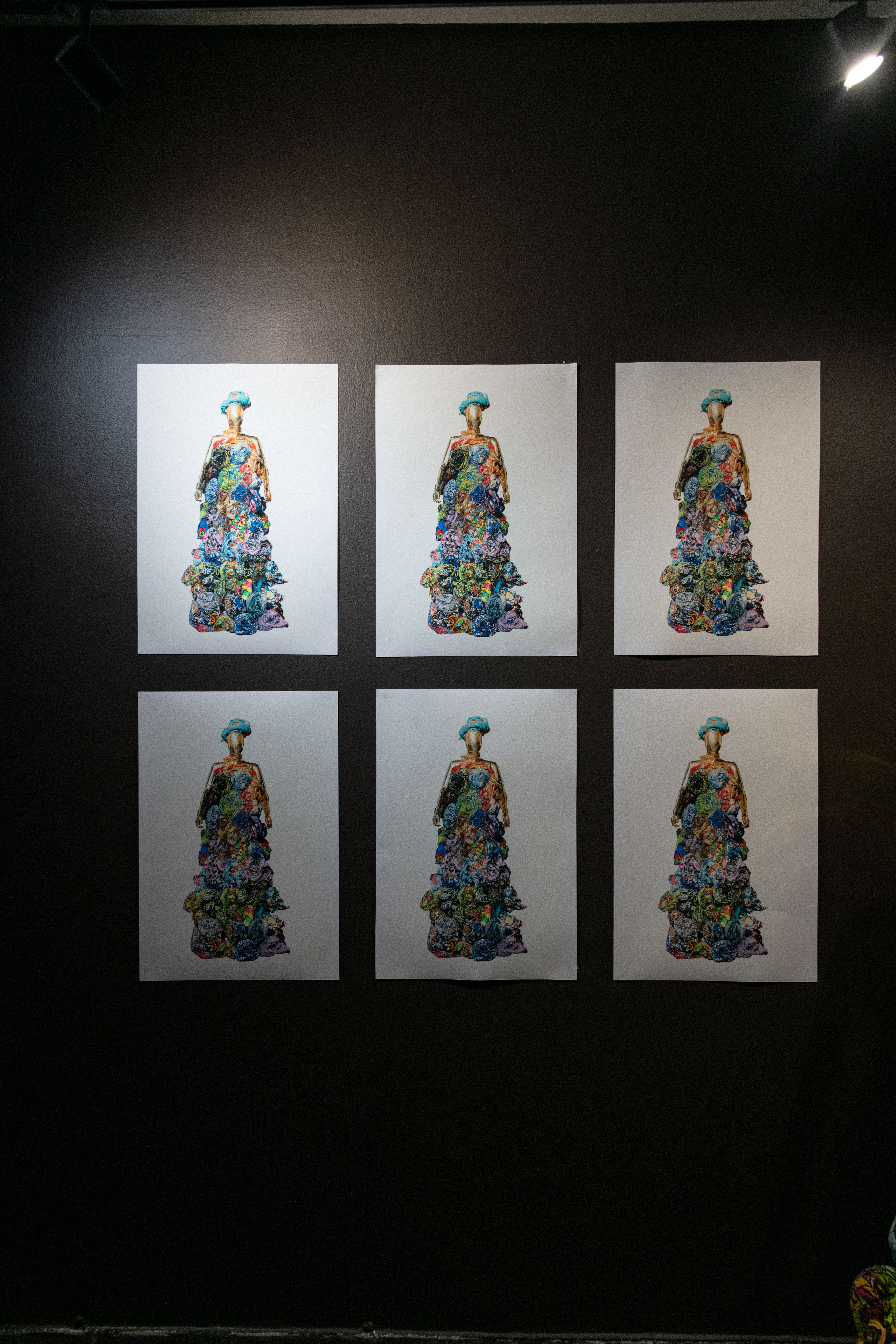
This Character is a Woman is an artistic project exploring the lives and struggles of zungueiras—Angolan women working in the informal street market—who face state violence, police brutality, and economic vulnerability. The project denounces the romanticised image of these women as symbols of resilience, revealing the harsh realities they endure daily.
WABA - A micro documentary on water scarcity
AFRIE
WABA follows the story of Selina Nkoile, a protector, a shepherd, a Moses of her people. Born and raised in Mosiro county in Narok - Kenya, Selina was one of the first Maasai girls from her community to complete school. Since then, she has made it her aim to teach and empower her nomadic pastoralist community to grow food and adapt farming now that their beloved tradition isn’t sustainable anymore.
Mama Likofi
Rachel Nyangombe
The House of African Feminisms presents Mama Likofi a short video by Rachel Nyangombe. Mama Likofi (Mama fist) is the result of conversations in confidence. With music by Village Papa Nyangombe, images by Rachel Nyangombe and performance by Mima Rita Mvundu. They offer a music video of admitted, coerced and projected violence.
The Drag Academy
TheChannelKE
This documentary seeks to highlight the lives of drag kings in Nairobi, Kenya as they go throug what has been dubbed as the DRAG ACADEMY. It seeks to question and engage quee feminism on the African continent through the performative art that is DRAG and what it mean to perform drag on the African continent
BIRDS OF A FEATHER
Tsepiso Mahase
Birds of a Feather is a short documentary film that highlights a queer Mosotho instrumentalist and artist, ‘Matlali. “Lesiba” is a traditional musical instrument traditionally played by men in Lesotho, stemming from herdsmen entertaining themselves and their livestock while out in the fields with not much to do. “Lesiba” directly translates to “feather” from Sesotho. The tradition throughout the years has been upheld in its gendered norm, being played by men in machismo but recently there has been more mingling of gendered instruments.
Matlali being a queer woman living in Lesotho has embraced this musical instrument for the past year, taking time to learn its history, how it is made and ultimately, how it is played. Being a multi-faceted artist trying to break the gender-norms of this instrument, we follow her performing this instrument as well as a string instrument she made. She reflects on navigating the patriarchal society of Lesotho, and being othered in a country that upholds many of its long-standing traditions.
BUILDING A TRANS FEMINIST ARCHIVE IN MOZAMBIQUE
Caio Simões de Araújo and Aghi
A visual essay focusing on the lives of 6 activists in an emerging transgender movement in Mozambique called Transformar. The movement is an NGO that focuses on trans-peoples lived experiences, struggles, perspectives and aims to bridge the gap between the mainstream feminist, LGBT movements and the spaces where Transgender lives are side-lined.
The project is a reclamation of retelling trans-feminist histories and an attempt at creating an archive of a marginalised past and lending ongoing support to the present struggles.
Stemming from the notion of widening our perspective of African womanhood, undoing gender binaries and re-imagining sexuality the participants on this project are tasked to think about femininity, gender, sexuality and intimacy. They do this as they live their femininity and womanhood; as they imagine new forms of feminist and queer politics and as they think about the past and imagine new possibilities for the future.
LABOUR OF OUR HANDS
Neema Ngelime
“Labour of Our Hands” is a poetic reflection of women’s labour. The film contains photographic stills and audio of the women’s working environment wherever or whatever it is. The term ''work'' in the film can be paid or unpaid labour example emotional labour or domestic etc.
The different women-based in Dar es salaam will share their individual accounts of days of their lives through the work of their hands. The film progress as different women pass the torch to each other. The women weave a ''song'' about their long tiring days, unrequited verse requited love for their jobs, formal or non-formal.
AFRICAN WOMEN IN CONSERVATION
Ayesha Mukadam
This documentary follows the story of Megan Rose Francis a marine conservationist along the coastlines of South Africa. From childhood she was always fascinated with the sea and sea life and she cultivated this passion and curiosity into her work today. Her work focuses on working with local communities to get them involved in cleaning the environment and research as well as sharing knowledge about the sea and encouraging green thinking.

